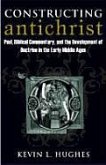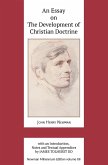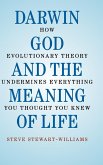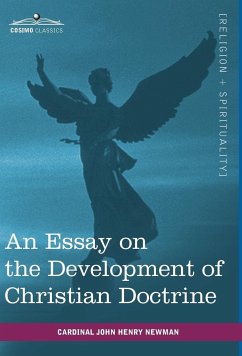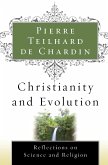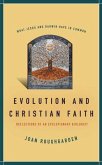Chronic Vigour is a study of the development of Christian thought and the doctrine of Providential Evolution. The author argues that the renovation of Anglican theology, as a response to Darwin's evolutionary theory, actually began at the moment of Darwin's first publication of The Origin of Species. Chronic Vigour is unique because it examines a school of clergymen who knew Darwin and corresponded with him. The book demonstrates how these clergymen came to endorse Darwinian biology as early as 1884 in Britain. It places the history of the principle of "providential evolution" squarely in its English context. The book consists of five chapters. The first chapter is devoted to Edward Bouverie Pusey (1800-1882), the Professor of Hebrew at Oxford and the leader of the Tractarian movement. The second chapter evaluates the religious proposals which were offered within the Church itself as a direct reaction to biological evolution. In the third chapter, the author investigates St. George Jackson Mivart (1827-1900), the key person to generate the doctrine of Providential evolution. The subject of the fourth chapter is the Reverend Charles Kingsley (1819-1875), who was the model of the progressive Victorian parson and the first Anglican priest to be an evolutionist. Finally, chapter five brings together many of the book's themes by examining Bishop Frederick Temple's (1821-1902) contributions to the providential evolution cause.



